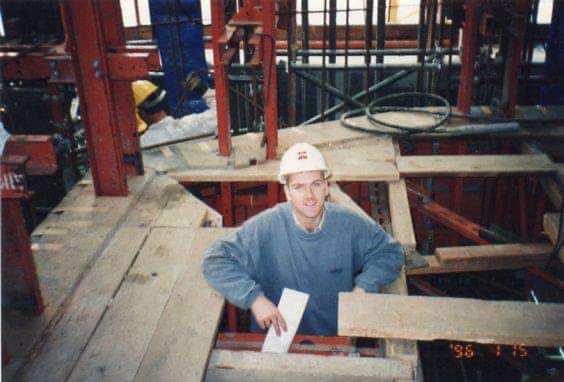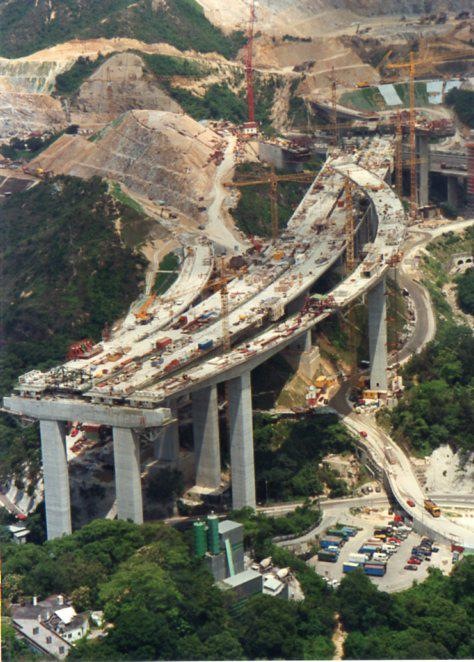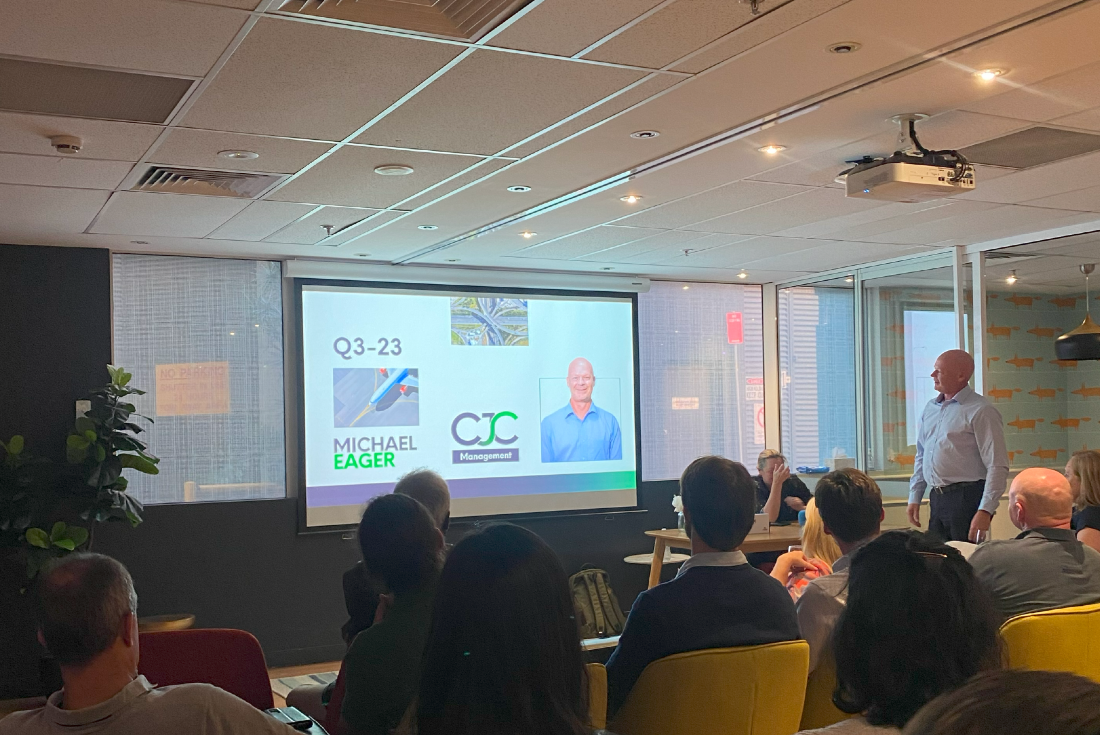Colin Calder Looks Back on His Time at Ting Kau Bridge Project
“The project taught me that working on site is one of the most rewarding experiences.”
At 1,177 metres long, Ting Kau Bridge is one of the longest cable-stayed bridges in the world. The bridge plays an important part of infrastructure as it connects traffic from the North Western part of the New Territories to the rest of Hong Kong.
Group Manager, Colin Calder had the privilege to be involved in this project for his first overseas posting experience.

Tell us about your involvement in this project.
In March 1995, I left the UK after working in London for a year. It was my first overseas posting, employed by a company called Sandberg. At the time, they were seconding personnel into Ting Kau Bridge in Hong Kong. It was a very exciting time for me to be there both personally and historically as this was just before the handover of Hong Kong back to China.
What was the biggest challenge?
During my secondment, I switched from being a Materials Technician to a Site Engineer on one of the main towers on the bridge. I was working with several very experienced Engineers from Flint & Neil (which is now part of COWI). Managing the transition to be a part of the Engineering team on site was the biggest challenge for me at the time. Particularly the language barrier with the locals and the other 32 different nationalities on site.
In addition, it was also my first time being such a long way from my home in Scotland. I had to grow up a fair bit in life admin skills which were very new to me at the time!
How did you overcome this challenge?
I learned a valuable lesson that helped me manage the transition, which was to be present on-site as much as I could and to be proactive in asking questions. It also taught me that working on site is one of the most rewarding experiences when you follow the rules: be the first onsite, be the last to leave and give the project all the respect it deserves. When you work hard and value all the people involved, your experience could be truly remarkable.

How was your experience in being an expat?
The language barrier was overcome by speaking slower! My accent used to be more Scottish than it is now - which a good friend of mine called “mid-Atlantic.” I learned to minimise phone calls too if I want to be understood, which meant meeting people face to face wherever possible.
On adapting to life as an expat, I think those in a similar position would agree that you must make a lot of hard decisions. Eventually, you will realise that you will miss family, friends, and a lot of occasions from back home. In dealing with this I find that when I meet up with any of my friends from the past, the conversation starts where it finished last time we met. You never really say “goodbye” when you leave, only “see you later.”
Any significant memories?
In all honesty, the part that impressed me most was the work ethic of people on the project. Especially the Australian contingent there who had just come up from the Glebe Island Bridge (now the ANZAC Bridge). They worked incredibly hard and played hard, and I have tried to do the same my whole career. It successfully convinced me to move to Melbourne to start on the Western Link Project, following several Australian colleagues I worked with.

What skills have you gained from this project?
It was the ability to engage with people. I was told from early on that respect goes a long way. Everyone in the team is valuable, from the concrete placer, steel fixer to the Alimak Driver. A tip that always worked for me is to prepare some talking points that may be relevant to them. It is important to be aware that the labourer/tradesman is working a lot harder physically than me on site. They work in extreme conditions, so they deserve the utmost respect.



